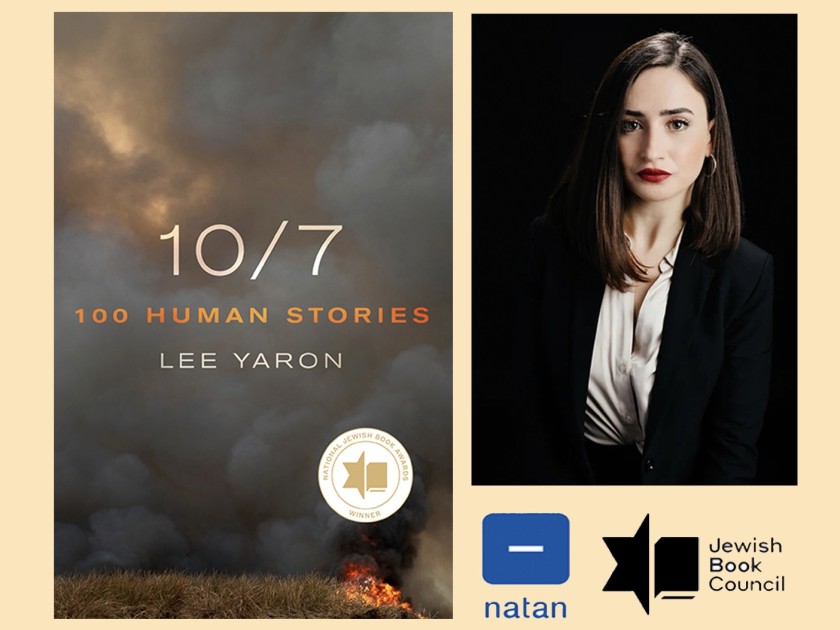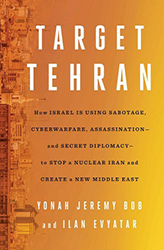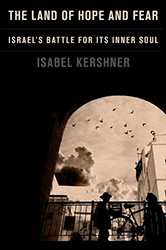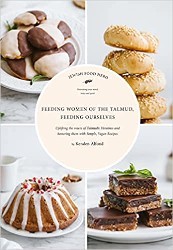
Natan and Jewish Book Council are thrilled to announce the Winter 2025 Natan Notable Book: 10/7: 100 Human Stories by Lee Yaron (St. Martin’s Press, 2024).
Twice a year, Natan Notable Books recognizes recently published or about-to-be-published non-fiction books that promise to catalyze conversations aligned with the themes of Natan’s grantmaking: reinventing Jewish life and community for the twenty-first century, shifting notions of individual and collective Jewish identity, the history and future of Israel, understanding and confronting contemporary forms of antisemitism, and the evolving relationship between Israel and world Jewry.
This definitive account of the attacks of October 7 – partly an oral history and partly a work of investigative journalism – fills the spaces between the facts of the day with the thoughts, fears, and memories of people who lived it. The book returns the narrative to the people who experienced it, without an agenda or the filters of politics, military operations, or media noise. Yaron, an experienced journalist, creates a web of stories which links the victims and survivors of 10/7 in a way that replicates and highlights the interconnectedness of Israeli life, while shining a light on the diversity of the people that make up the Israeli population. Yaron profiles victims from a wide range of communities — from left-wing kibbutzniks and Burning Man-esque partiers to radical right-wingers, from Bedouins and Israeli Arabs to Nepalese guest workers, peace activists, Holocaust survivors, and refugees from Ukraine and Russia — depicting the fullness of their lives, not just their final moments.
With the selection of Yaron’s book as a Natan Notable Book, the committee noted the importance of recognizing the humanity behind an event that is a daily headline — one that has been examined and mourned, vilified and dismissed. At a time when social media headlines reduce whole lives to one image and boycotts are attempting to silence voices that challenge the mainstream narrative, 10/7: 100 Human Stories restores complexity to the story, to people involved in the most fundamental ways, and to the memories of those who did not survive to tell of that day.
As Natan Notable Books committee member Felicia Herman said, “Although 10/7 is primarily focused on telling many of the stories of that tragic day — stories of victims, survivors, and the heroic efforts to fight back the terrorists and to save lives — we named the book a Natan Notable Book because it goes many layers deeper than that. Yaron truly fleshes out each of these lives, making each a window into Jewish history, Israeli history, and the complexity of life in Israel today. She treats each person’s story with compassion, understanding, and respect — whatever their ethnic, religious, or political background. The book thereby becomes essential reading for anyone trying to truly understand Israel and people who call it home.”
The author will receive a $5,000 cash prize, as well as customized support for promoting the book and its ideas, drawing on Natan’s and Jewish Book Council’s extensive networks throughout the Jewish philanthropic and communal worlds.
For those interested in submitting a recent or soon-to-come non-fiction title, the deadline for submission for Summer 2025 Natan Notable Books is April 1, 2025. Titles must have a publication date between October 1, 2024 and October 1, 2025. Inquiries can be directed to natannotable@jewishbooks.org.
For more information on the award and eligibility or to submit a title, go to the Natan Notable Books page.
Natan Notable Books at the Jewish Book Council has previously been awarded to Bari Weiss’ How to Fight Anti-Semitism (2019), Susie Linfield’s The Lion’s Den (2019), Ilan Stavans’ The Seventh Heaven (2020), Nancy Sinkoff’s From Left to Right (2020), Dara Horn’s People Love Dead Jews (2021), Michael Frank’s One Hundred Saturdays: Stella Levi and the Search for a Lost World (2022), and Feeding Women of the Talmud, Feeding Ourselves: Uplifting the Voices of Talmudic Heroines and Honoring Them with Simple, Vegan Recipes edited by Kenden Alfond (2022), The Land of Hope and Fear: Israel’s Battle for its Inner Soul by Isabel Kershner (2023), Target Tehran: How Israel Is Using Sabotage, Cyberwarfare, Assassination – and Secret Diplomacy – to Stop a Nuclear Iran and Create a New Middle East by Yonah Jeremy Bob and Ilan Evyatar (2023), Henrietta Szold: Hadassah and the Zionist Dream by Francine Klagsbrun (2024). Natan Notable Books is an evolution of the Natan Book Award, which was previously awarded to Matti Friedman’s Spies of No Country (2018) and Ari Shavit’s My Promised Land (2013).
About Natan
Natan catalyzes emerging philanthropists to become actively engaged in building the Jewish future by giving collaboratively to cutting-edge initiatives in Israel and in Jewish communities around the world, and by building an interconnected community of givers through grantmaking, events and other programs. Natan believes that engaged and entrepreneurial philanthropy can transform givers, grant recipients, and the fields in which Natan invests.
About Jewish Book Council
Jewish Book Council is a nonprofit organization dedicated to educating, enriching, and strengthening the Jewish community through Jewish interest literature. With over 290 touring authors each year; over 3,000 book clubs; 1,400 events; its annual print publication, Paper Brigade; the National Jewish Book Awards; Natan Notable Books; its popular literary series Unpacking the Book: Jewish Writers in conversation; and a vibrant digital presence reaching over 700,000 readers, JBC ensures that Jewish-interest authors have a platform, and that readers are able to find these books and have the tools to discuss them with their community.



